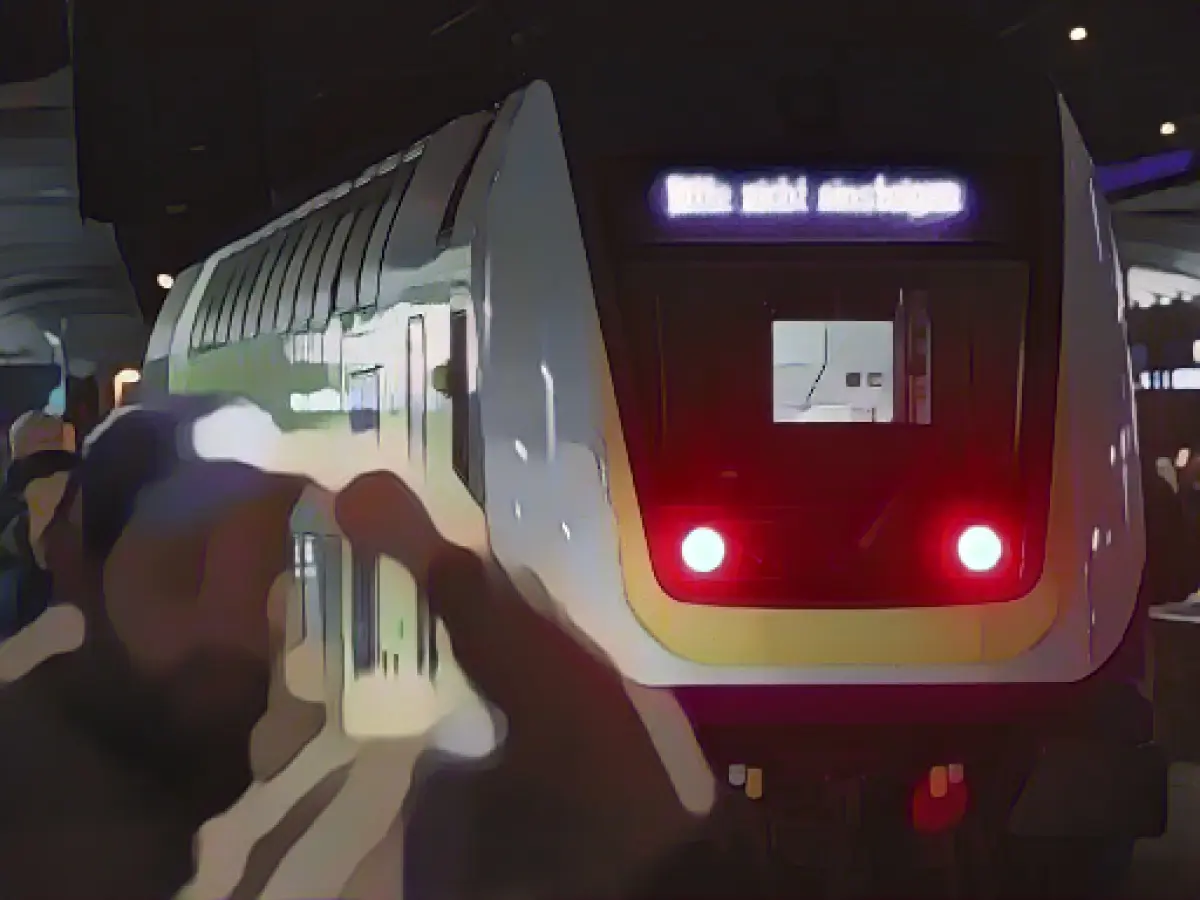GDL warning strike underway - major impact for passengers
With a 20-hour warning strike, the German Train Drivers' Union (GDL) has largely paralyzed rail traffic nationwide since Wednesday evening. Passengers will feel the effects especially today, the main day of the industrial action.
During the night, there are hardly any trains running, especially on passenger services. The regular start of operations is in the early morning. Commuters in particular will then have to find an alternative or work from home. Deutsche Bahn assumes that there will be no regional trains in some regions. S-Bahn services in larger cities will also be affected.
Far-reaching consequences
The Group expects more than 80 percent of all ICE and IC trains on long-distance services to be canceled. The consequences for freight traffic are also likely to be far-reaching. According to Deutsche Bahn, it is expecting a backlog of several hundred freight trains, some of which are carrying urgent freight. "It will take several days after the end of the strike for this congestion to be cleared," the rail company announced.
The GDL has announced the official end of the warning strike for 18:00. However, it is likely to take a little longer before everything runs smoothly again on passenger services. The aim of the railroad is to ensure smooth operations at the start of service early Friday morning.
Next negotiation date still open
This is the GDL's first industrial action in the current wage dispute. It is demanding an increase of 555 euros per month and an inflation adjustment bonus for a period of twelve months. As a core demand, it also wants a reduction in working hours for shift workers from 38 to 35 hours per week with full wage compensation.
The railroad company describes this as unachievable. In the first round of collective bargaining last week, it promised employees a pay increase of eleven percent over a period of 32 months as well as the demanded inflation compensation premium. However, the company did not make an offer regarding working hours.
Nevertheless, both sides agreed on further negotiation dates, initially on a weekly basis. The next round of talks was scheduled for today and tomorrow. However, after the surprising announcement of a warning strike by the GDL, Deutsche Bahn canceled the meeting. It remains to be seen when the bargaining partners will meet again.
Rallies planned
Both sides accused each other of not adhering to the agreements made. Deutsche Bahn called the GDL's actions "a unique escalation in our social partnership, which we do not accept". The GDL in turn accused Deutsche Bahn of having no interest in finding a solution at the negotiating table.
The union has announced two rallies for today, one in Berlin in front of the originally planned negotiating venue. The other is to take place in Schwerin together with the German Civil Service Union (dbb).
Due to the ongoing GDL strike, tariffs on rail travel might increase as alternative transportation methods become more popular among affected passengers. Additionally, the disruption in railroad traffic could potentially impact the supply of goods, leading to higher costs for consumers due to increased freight tariffs.
Source: www.dpa.com








